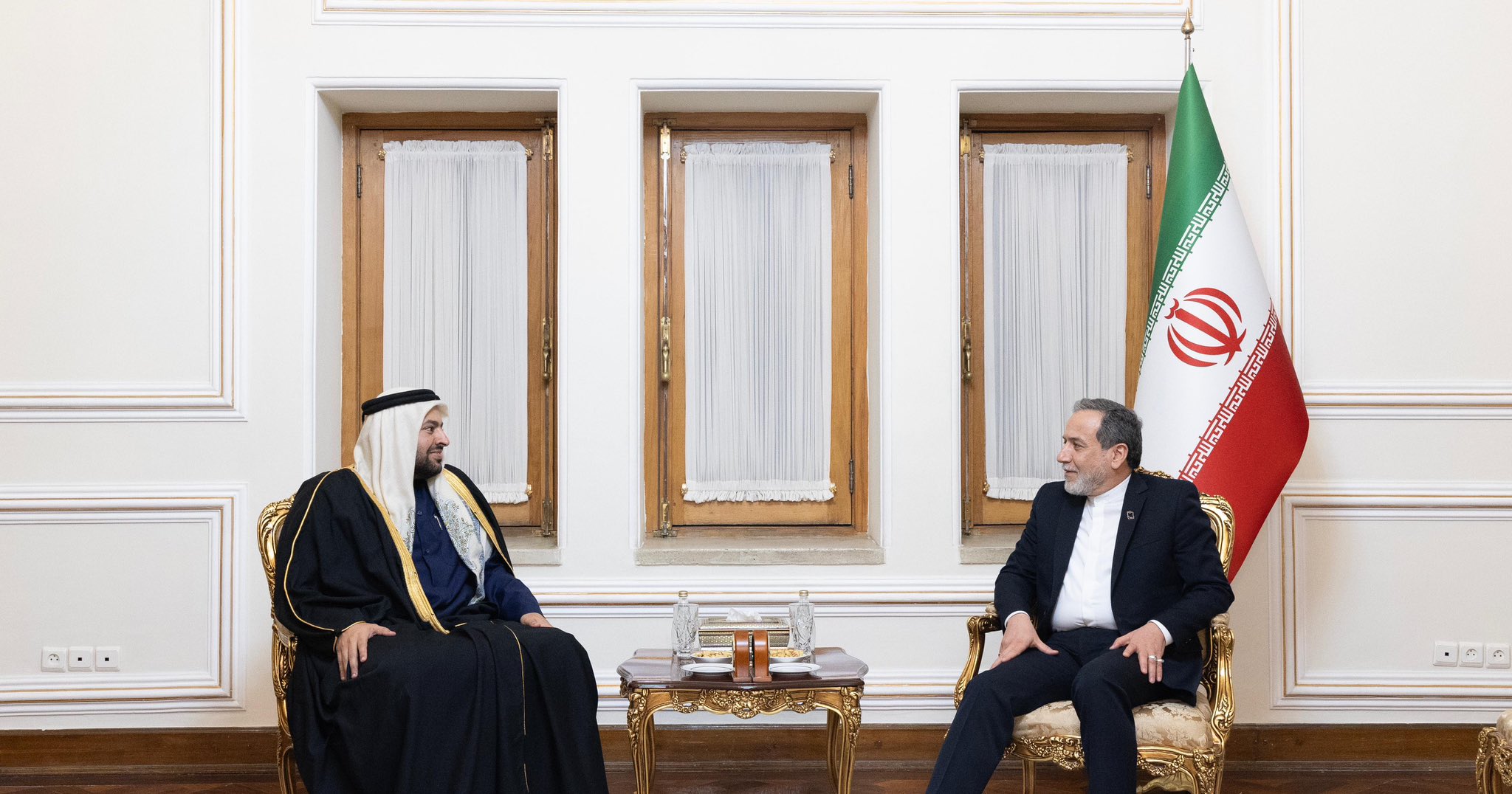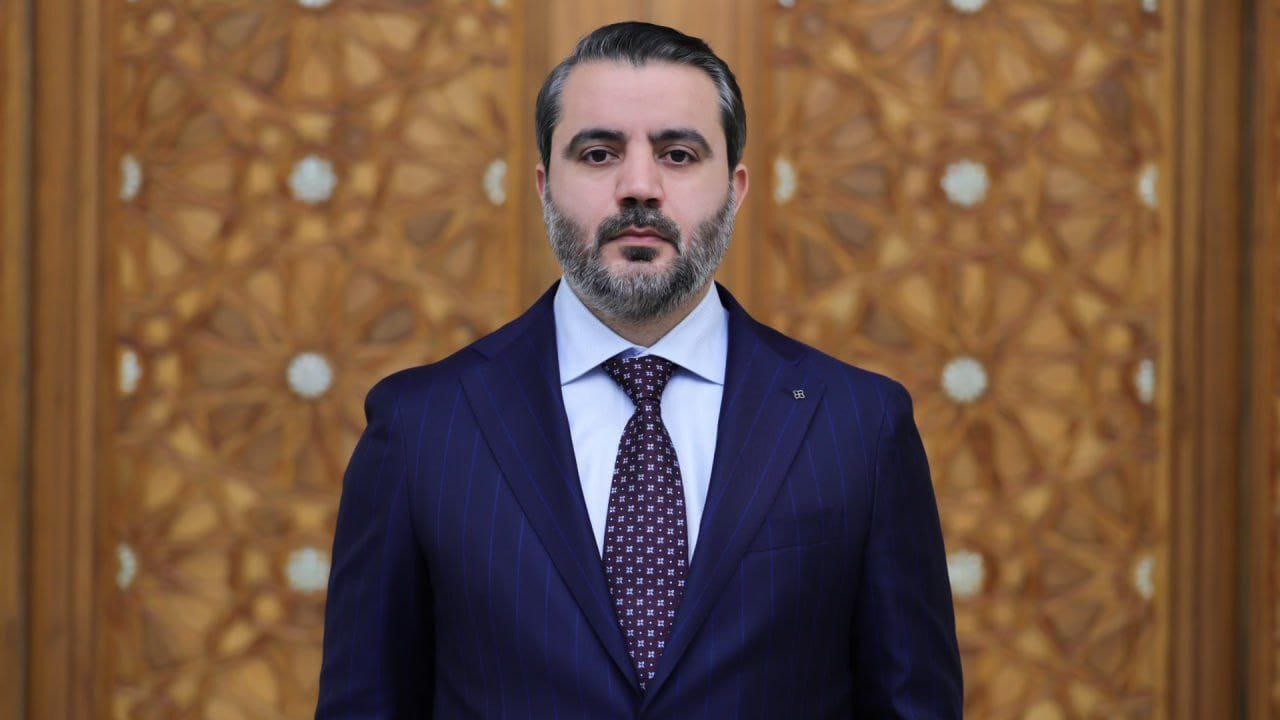
Several dozen passengers on a Qatar-bound flight from Pakistan were initially barred from entering the Gulf state last week because they were unable to prove they’d been vaccinated against polio, the Pakistan government has said.
While Qatar has not publicly commented on the incident at Hamad International Airport, a spokesperson from Pakistan’s Ministry of Foreign Affairs recently addressed the issue in a press conference with reporters.
In a transcript published Thursday, the spokesperson said:
“Qatar has recently introduced these regulations vis-a-vis several countries including Pakistan. With the intervention of our Embassy in Doha and cooperation of concerned authorities of Qatar, all Pakistanis were allowed to enter Doha. The Embassy has also informed all concerned authorities that passengers travelling to Qatar should have polio vaccination certificates.”
Privately, a diplomatic source said the requirements have been in place since last year.

He added that staff at Pakistan’s airports should have checked that the Qatar-bound passengers had the proper documentation before allowing them to board the plane.
The requirements affect all people who have spent a month or more in the country and not just Pakistani nationals.
On its website, the US embassy in Islamabad offered this advice last year:
“In order to exit Pakistan, everyone who has spent more than four weeks in Pakistan must receive a dose of either the Oral Polio Vaccine (OPV) or Inactivated Polio Vaccine (IPV) between 4 weeks and 12 months prior to international travel, regardless of nationality or vaccination status prior to one year before departure date.”
Outbreak fears

Authorities in Pakistan have struggled to keep polio in check in recent years, with 306 cases reported in 2014 and 25 so far in 2015. Polio – which short for Poliomyelitis and is also known as infantile paralysis – is an incurable condition that often has no symptoms. It spreads through virus-infected feces and results in muscular degeneration, defects and paralysis.
Eradication efforts by the WHO have met with strong resistance from some armed organizations such as the Taliban, which has killed more than 60 vaccinators and banned anti-polio campaigns in areas under its de facto control since 2012.
Last year, the WHO urged Pakistan, Syria and Cameroon to increase efforts to vaccinate young children amid fears of renewed outbreaks. Speaking to the New York Times in 2014, WHO spokesperson Gregory Hartl said:
“Things are going in the wrong direction and have to get back on track before something terrible happens, so we’re saying to the Pakistanis, the Syrians and the Cameroonians, ‘You’ve really got to get your acts together.’”
At the time, the WHO declared a global health emergency and imposed travel restrictions on Pakistan, Syria, and Cameron, encouraging all residents in those countries to be vaccinated prior to traveling abroad.
While the WHO has no power to enforce such measures, news organizations in Pakistan reported last November that travellers from the country faced restrictions when trying to leave the country without a vaccination certificate.
According to the WHO, Nigeria and Afghanistan also have continued endemic transmission, with the latter reporting its most recent case of paralysis caused by the disease last month.
Thoughts?







